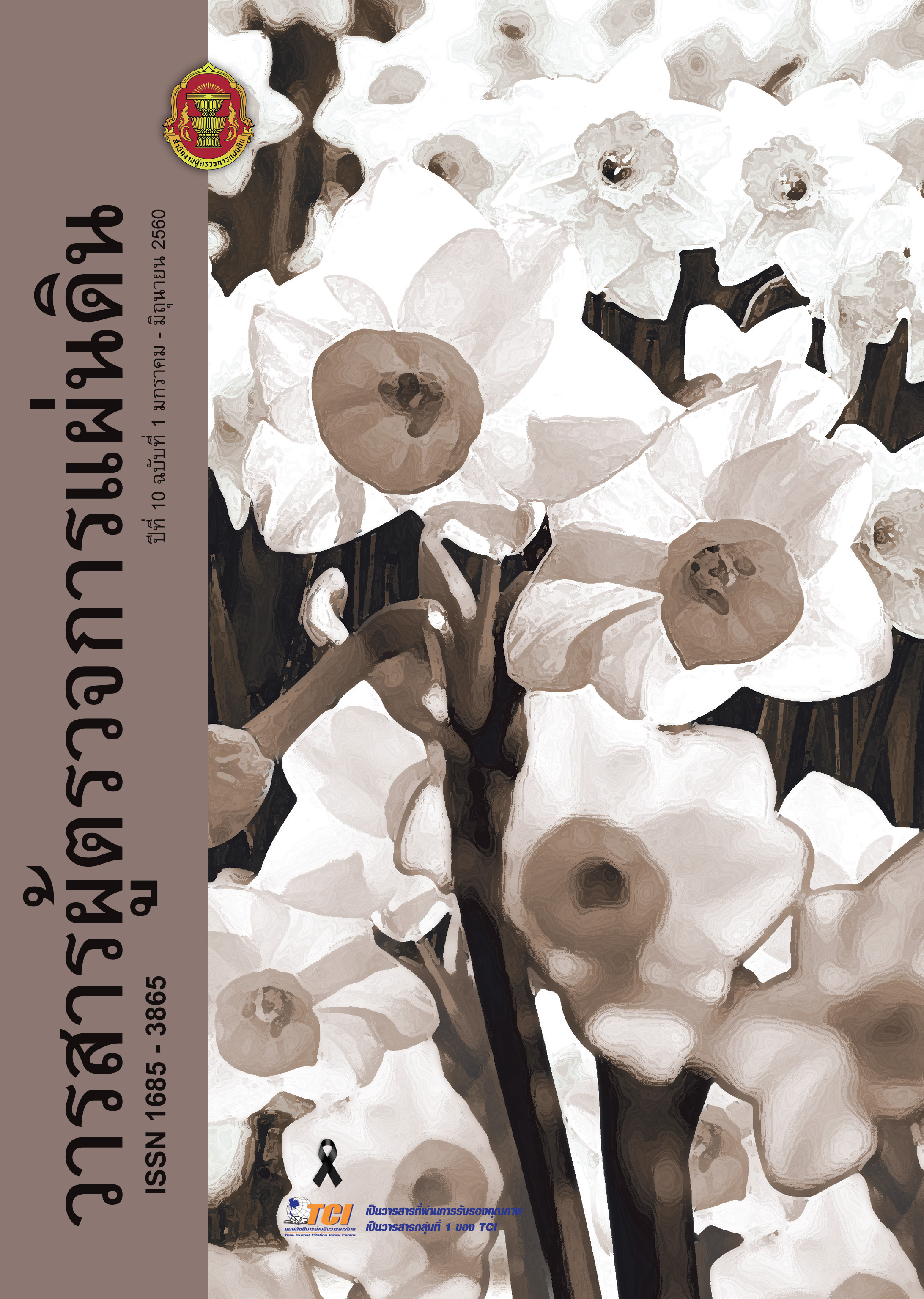การสร้างความเป็นธรรมทางสังคมผ่านนโยบายสวัสดิการสังคม: กรณีศึกษาการเข้าถึงและได้รับประโยชน์จากโครงการเบี้ยยังชีพผู้สูงอายุ
Keywords:
Social justice, The access to and acquiring benefits through the government’s assistant policies, Social welfare policy, Elderly allowance policyAbstract
This article aims to analyze and explain the factors and patterns of inequality and disparity in the access to the elderly allowance policy. Relying on the qualitative method of examination, the research findings presented in this article were taken from the focus groups conducting by the authors in 11 villages of 11 districts in Payao, Songkhla, and Singburi provinces of Thailand. The total number of the key informants participated in these focus groups is 165 villagers. This article found that most of the people participated in the focus group have knowledge and understanding about the elderly allowance policy. They also had a good experience in accessing to the information and implementation of the policy. This article thus suggests that implementation of such a social welfare policy requires clear and fair regulations and specifications of beneficiaries. In implementing the elderly allowance policy and other social welfare policies, all stakeholders should be given opportunities to participate in determining the policies in order to reduce disparity in the access to the government’s assistant programs
Downloads
Published
How to Cite
Issue
Section
License
- Content published in the journal is personal opinions of authors which the office of Ombudsman and the editorial team are not bound to be accordance with.
- Articles, content, images, etc. published in the Journal of Ombudsman are copyright of the Journal. If any person or entity wants to bring all or part of it to publish or to do any action. Must obtain written permission from the journal's first.



